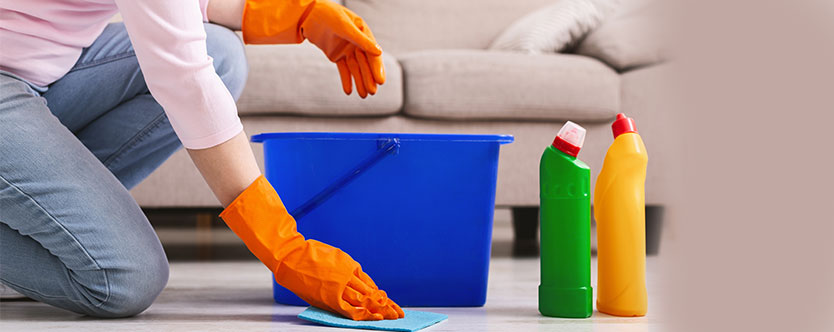Every coin has two faces, Is this also relevant with our obsession of too much cleanliness???
[the_ad id=”6238″]
Since the late 19th Century with the discoveries of German physician Robert Koch – that certain bacteria cause specific diseases, sanitation and cleanliness have dramatically improved our health. Incidence of some Infectious disease like cholera and typhoid has dramatically decreased.
Off late scientists have arrived on a counter-intuitive hypothesis about our modern, ultra-sanitized world. Too much cleanliness is somehow one of the contributors to developing allergies, asthma, inflammatory bowel diseases, and other autoimmune disorders. “The hygiene hypothesis”
It was Dr. David Strachan who first draw the world’s attention to the unpleasant consequences of excessive sanitation by a scientific article published in BMJ in 1989
He observed that our immune system is not getting enough stimulation from healthy bacteria, worms, parasites during infancy and childhood due to this ultra-sanitized society.
Strachan also observed that people living together in a large family in suburban society living with pets and animals had less incidence of autoimmune and chronic inflammatory disorder. He attributed this benefit to the high exposure to germs from one another and the environment in early life.
“A child’s immune system needs education, just like any other growing organ in the human body,” says Erika von Mutius, a pediatric allergist at the University of Munich and one of the first doctors to research the idea. “The hygiene hypothesis suggests that early life exposure to microbes helps in the education of an infant’s developing immune system.” Without this education, your immune system may be more prone to attacking the wrong target if exposed later in life and may lead to some autoimmune disorder
At the moment, the hygiene hypothesis is still a hypothesis: a working theory, subject to change.
None of this means that you should stop cleaning your house or washing, or begin drinking potentially sewage-contaminated water. Most of these findings involve bacteria exposure during childhood, not for adults. Additionally, most of the reduction in bacteria exposure we have in modern society comes from broader trends (like antibiotic overuse and sewage treatment plants) rather than personal choices.
So, at the moment, the practical applications of this research on a personal level are relatively limited. It might make you think twice before having your kid use antibiotic soap (which you really shouldn’t be using anyway). More importantly, it provides some evidence that vaginal births and breastfeeding are important for the development of a healthy microbiome in infants.
It’s also need of time to come out from sanitized home and rub shoulder with healthy germ.
Source:

